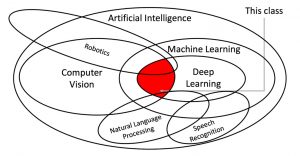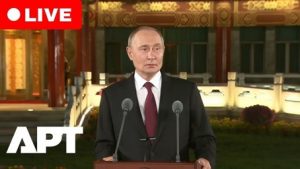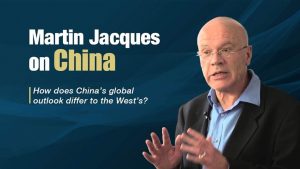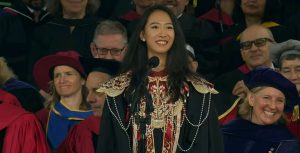“The Dual Circulation Strategy — Why China Doesn’t NEED Western Consumers Anymore”
China's Dual Circulation strategy is reshaping the global economic order — deliberately, not defensively. With 400 million middle-class consumers, rapidly advancing indigenous technology, and record exports redirected to fast-growing Global South markets, China is systematically dismantling Western economic leverage. What was once a fatal vulnerability is now a manageable inconvenience. The optionality revolution isn't coming — it's already here.











